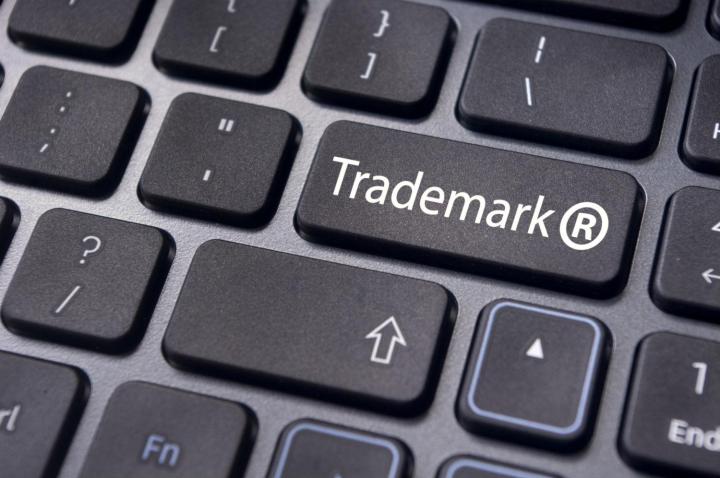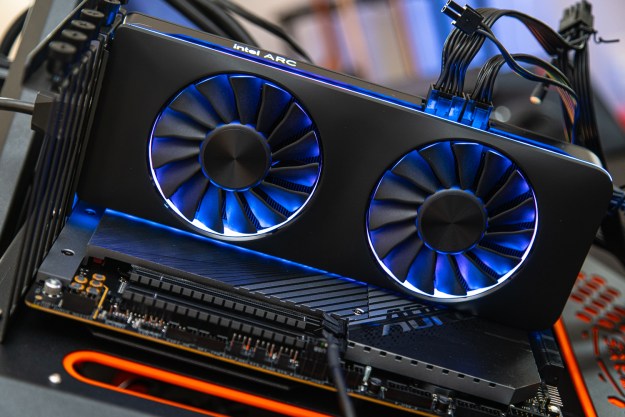
Yesterday, news broke that Microsoft has yet again run into some trademark issues. This time, it’s with SkyDrive, the company’s cloud storage service that it’s recently been trying to hype up before the launch of Windows 8.1 this fall. It seems the name SkyDrive actually infringes on a trademark owned by none other than Rupert Murdoch’s British Sky Broadcasting Group (BSkyB). BSkyB’s being pretty lenient though, allowing Microsoft a “reasonable period of time” to continue using SkyDrive and rebrand the cloud service.
This isn’t the first trademark battle the company has run into, though, and Microsoft’s not the only tech giant that has experienced this kind of kerfuffle. Below, we take a look at five other cases of tech trademark lawsuits to say, “Hey Microsoft, you’re not alone.”
Not riding on the Metro

Microsoft in turn backed off, and notified its Windows developers that they should avoid using the word “Metro” when referring to the Windows Phone or Windows 8 interface. Instead, it encouraged developers to use “Windows-8-style UI” and “New User Interface,” according to Techland’s Harry McCraken. Neither of those have the same kind of ring as “Metro,” though, and people are still using “Metro” to this day to describe Microsoft’s signature tile interface. We could go on and on about how dumb Steve Ballmer and Co. are for not checking out the trademark for Metro, but it seems somebody else already did the work for us.
Qwickster was fast…to disappear

Besides huge customer backlash, Netflix lost 800,000 subscribers in one quarter; that wasn’t the only reason why Qwickster eventually saw its demise, though. Netflix apparently never secured the trademark for Qwickster, and though it secured Qwickster.com, someone was already using the name on Twitter – and that someone ended up having a pot-smoking Elmo as his avatar. Because Netflix doesn’t own the trademark, it couldn’t force @Qwickster, also known as Jason Castillo, to give up his Twitter handle. Perhaps the marketing team should do their homework next time. Castillo’s inebriated Elmo is no longer on his profile page, but it looks like he still owns the Qwickster Twitter handle.
iCloud-y skies, chance of trademark thunderstorms

Though the lawsuit didn’t specify an amount, it did call for relief for “all profits, gains, and advantages,” and “all monetary damages sustained.” Three months after filing, the claim was dismissed with little detail. It’s still not clear whether iCloud Communications was given a little something-something to drop the trademark suit, or if it never actually owned the name to begin with. Either way, Apple’s clearly king of iCloud Mountain.
Call him Mr. Vain, call him Mr. Wrong on your iPhone

In Fortune editor Adam Lashinsky’s book, Inside Apple, he talks about how Steve Jobs called an executive at Cisco and basically just told him Apple was taking the iPhone name. Cisco threatened litigation before the launch, and when Apple launched the phone without any hesitation, Cisco filed suit. To make a long story short, the two sides eventually reached a “vague agreement,” as Lashinsky calls it, which seems to be the case in many of these trademark disputes. We’re sure a good chunk of money was involved.
Facebook’s perfect timing for a lawsuit

In what appears to be a lengthy battle, one that almost went to trial, the two companies finally reached a settlement in May of 2013. The cost of the settlement was not specified, but according to Facebook’s quarterly report filed with the U.S. Securities and Exchange Commission, it “was not material to our business, financial condition, or results of operations.” Timelines Inc.’s lawsuit aimed to receive compensation equal to Facebook’s ad revenue generated on Timeline pages (ha!), but it’s not likely the company received that much. However, we’re sure it got a pretty penny from a company whose total revenue in Q2 of this year was $1.81 billion.
The takeaway
If we’ve learned anything from all these trademark battles, it’s that if you want something, just take it and deal with it later. Can you imagine what the iPhone would be like today if Jobs had backed down? Or what sort of name could Facebook possibly have chosen to fill in for Timeline? We’re definitely interested to find out what Microsoft chooses for SkyDrive’s renaming.
Know of any other good trademark disputes in tech? Let us know in the comments below.
Image via mtkang/Shutterstock; Qwickster screenshot via Forbes


